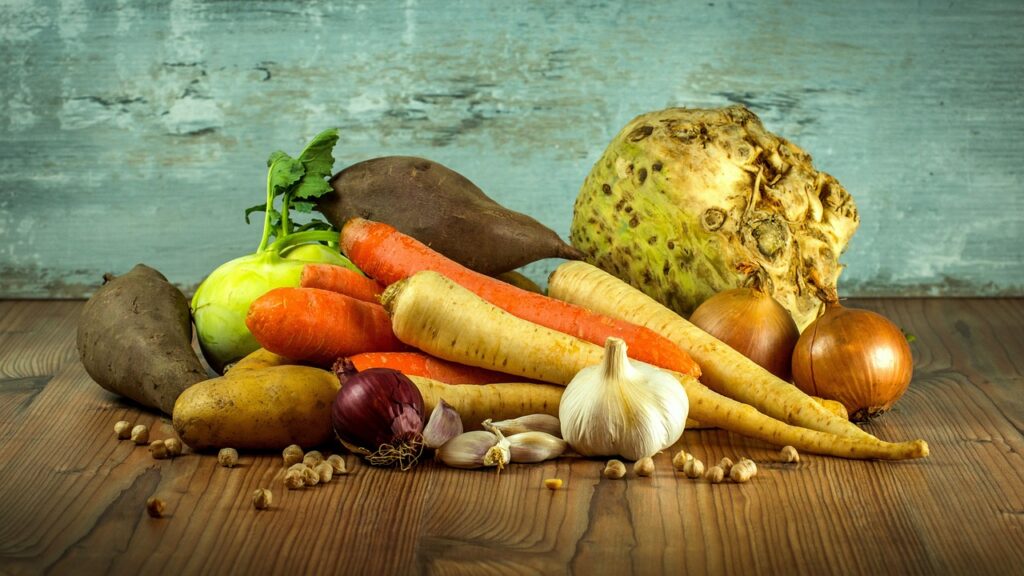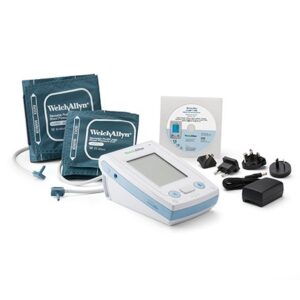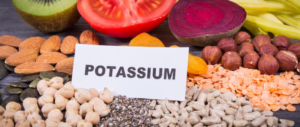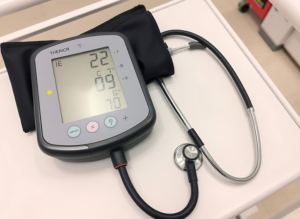Our eyes are often referred to as the windows to our soul, but they also serve as a window into our overall health. With today’s fast-paced lifestyle and increased screen time, it’s more important than ever to prioritize eye care.
While regular check-ups with an eye specialist play a crucial role in maintaining vision, what we put on our plate can significantly impact our eye health too.
Did you know that certain foods contain powerful nutrients that help protect against age-related conditions and improve vision? By incorporating these foods into your diet, you can support your eyes for years to come. Let’s explore the fascinating connection between nutrition and eyesight, and discover some delicious options that keep eyes healthy.

The role of diet in maintaining healthy eyes
What we eat plays a crucial part in our eye health. A balanced diet can prevent vision-related issues and reduce the risk of age-related diseases.
Certain nutrients are essential for maintaining optimal eyesight. Foods rich in vitamins, minerals, and antioxidants contribute to healthier eyes. They help combat oxidative stress caused by free radicals.
A diet lacking these nutrients can lead to problems like macular degeneration or cataracts. Incorporating specific foods into your meals can make a significant difference over time.
Moreover, hydration also matters. Drinking enough water keeps your body hydrated, which is vital for producing tears and preventing dryness.
Choosing colorful fruits and vegetables not only makes meals visually appealing but also packs them with beneficial compounds that support eye function. Adopting healthy eating habits today ensures a brighter tomorrow for your vision.
Top nutrients for eye health
When it comes to maintaining eye health, certain nutrients play a vital role. Each one contributes uniquely to our vision and overall eye well-being.
A. Vitamin A
Vitamin A plays a crucial role in maintaining good vision. This nutrient helps the retina absorb light and convert it into signals that our brain can interpret as images.
A deficiency in vitamin A can lead to night blindness, making it difficult to see in low-light conditions. Moreover, long-term insufficiency can cause more severe issues like xerophthalmia, a condition that results in dry eyes and potential blindness.
You can find this essential vitamin in foods such as carrots, sweet potatoes, and spinach. Incorporating these items into your diet not only supports your eye health but also boosts overall well-being.
By consuming adequate amounts of vitamin A through whole foods rather than supplements, you ensure better absorption and utilization by your body. The vibrant colors of fruits and vegetables often indicate their nutritional value—so go ahead and fill your plate with colorful options!
B. Omega-3 fatty acids
Omega-3 fatty acids are essential for maintaining optimal eye health. These healthy fats play a significant role in the structure and function of the retina, helping to protect against age-related macular degeneration (AMD).
Found primarily in fish like salmon, mackerel, and sardines, omega-3s can also be sourced from plant-based options such as flaxseeds and walnuts. Incorporating these foods into your diet not only supports vision but offers various cardiovascular benefits.
Research suggests that omega-3s may help alleviate dry eyes by promoting tear production. This is particularly important for those who spend long hours staring at screens or working in air-conditioned environments.
Adding a source of omega-3 fatty acids to your meals could be as simple as enjoying grilled salmon or tossing some flaxseeds into your morning smoothie. The versatility of these ingredients makes it easy to nourish your eyes while enjoying delicious dishes.
C. Lutein and zeaxanthin
Lutein and zeaxanthin are powerful antioxidants found in various fruits and vegetables. They belong to a group of carotenoids that play a crucial role in protecting the eyes from harmful blue light.
These nutrients accumulate in the retina, where they help filter out damaging light wavelengths. This protective function is essential for maintaining good vision as we age.
Incorporating foods rich in lutein and zeaxanthin into your diet can significantly benefit eye health. Dark leafy greens like spinach and kale are excellent sources, along with bright yellow or orange veggies such as corn and bell peppers.
Egg yolks also provide these vital carotenoids. Adding these foods to your meals not only enhances flavor but also contributes to long-term eye wellness. Emphasizing variety ensures you get an adequate supply of these important compounds while enjoying delicious dishes.
D. Vitamin C
Vitamin C is often celebrated for its immune-boosting properties, but it plays a pivotal role in eye health too. This powerful antioxidant helps combat oxidative stress and can reduce the risk of cataracts and age-related macular degeneration.
Incorporating vitamin C into your diet is simple. Citrus fruits like oranges and grapefruits are well-known sources but don’t overlook other options. Bell peppers, strawberries, broccoli, and kiwi also pack a punch of this essential nutrient.
Not only does vitamin C protect your eyes from damage caused by free radicals, but it also supports overall vascular health. Healthy blood vessels ensure that your eyes receive the nutrients they need to function optimally.
So next time you’re planning meals or snacks, consider reaching for those vibrant fruits and veggies rich in vitamin C. Your eyes will thank you!
Foods that are good sources of these nutrients
To maintain and enhance your eye health, focusing on the right foods is crucial. Incorporating a variety of nutrient-rich options into your diet can have a significant impact.
Carrots are often celebrated for their high vitamin A content, making them a go-to choice for promoting good vision. Dark leafy greens like spinach and kale are packed with lutein and zeaxanthin, which help protect against harmful light. Fatty fish such as salmon and mackerel provide an excellent source of omega-3 fatty acids that support retinal health.
Citrus fruits like oranges and strawberries deliver an abundance of vitamin C, known for its antioxidant properties that combat oxidative stress. Nuts and seeds also offer healthy fats along with essential nutrients to keep your eyes functioning at their best.
By including these foods in your daily meals, you not only nourish your body but also give your eyes the care they deserve. Making mindful dietary choices can pave the way to healthier vision now and in the future.



